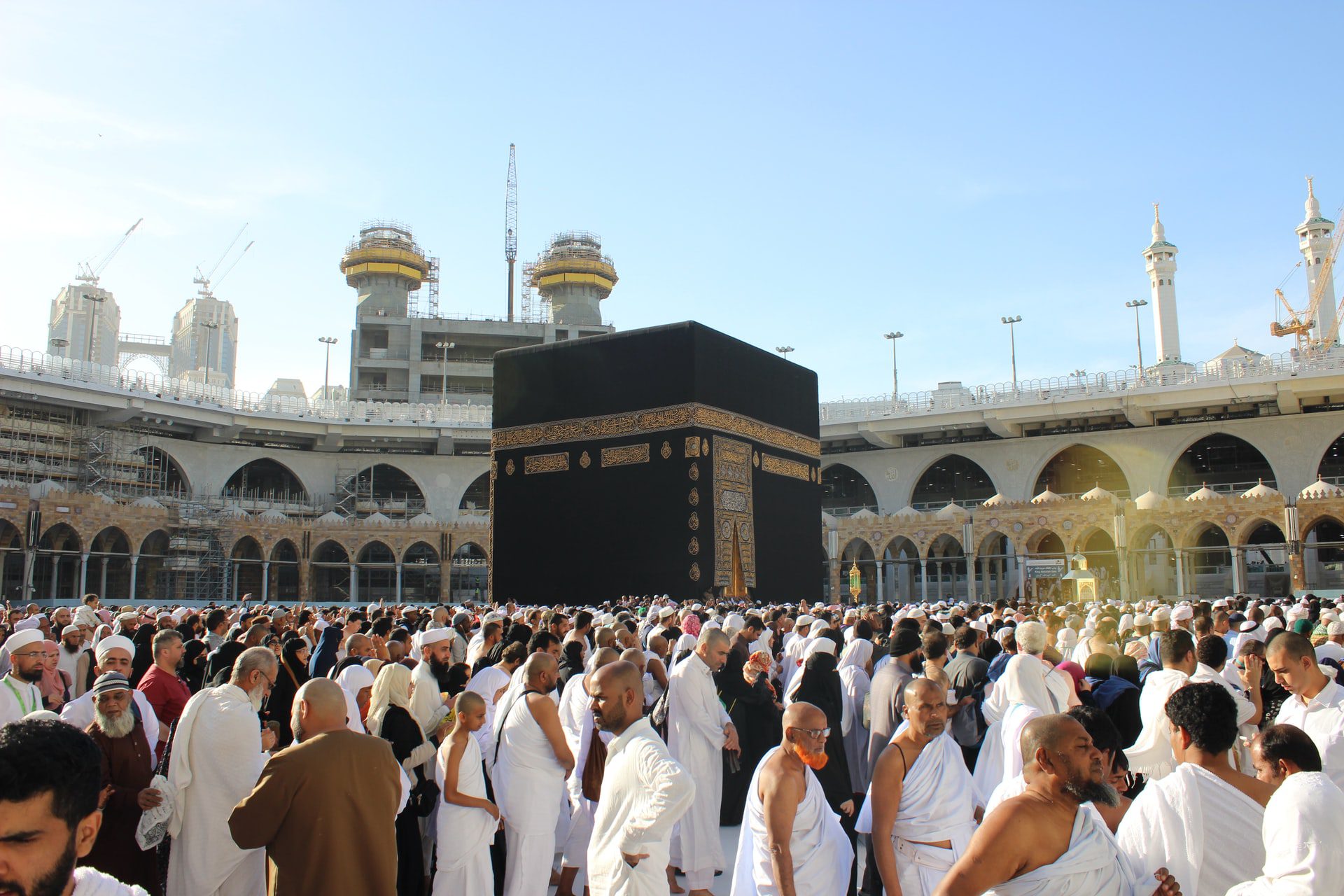Skift Take
There's still time until July 17 for the kingdom to make the call, but with uncertainty around the new Covid variants, it would be unwise.
Saudi Arabia is considering barring overseas pilgrims from the annual hajj for the second year running as Covid-19 cases rise globally and worries grow about the emergence of new variants, two sources familiar with the matter said on Wednesday.
Such a move would restrict the pilgrimage to Mecca, a once in a lifetime duty for every able-bodied Muslim who can afford it, to Saudi nationals and residents of the kingdom who were vaccinated or have recovered from Covid-19 at least months prior to attending.
While discussions about a possible ban have taken place, there has been no final decision on whether to pursue it, they said.
Join Us at the Skift Short-Term Rental and Outdoor Summit on May 19
Before the pandemic enforced social distancing globally, some 2.5 million pilgrims used to visit the holiest sites of Islam in Mecca and Medina for the week-long hajj, and the lesser, year-round umrah pilgrimage, which altogether earned the kingdom about $12 billion a year, according to official data.
As part of economic reform plans pursued by Crown Prince Mohammed bin Salman, the kingdom was hoping to raise the number of umrah and hajj pilgrims to 15 million and 5 million respectively by 2020, and aimed to double the umrah number again to 30 million by 2030. It aims to earn 50 billion riyals ($13.32 billion) of revenues from the hajj alone by 2030.
Two sources familiar with the matter said authorities have suspended earlier plans to host pilgrims from overseas, and will only allow domestic pilgrims who have been vaccinated or have recovered from Covid-19 at least six months before the pilgrimage.
Restrictions will be applied on the age of participants as well, one of the sources said.
A second source said the plans were initially to allow some numbers of vaccinated pilgrims from abroad, but confusion over types of vaccines, their efficacy and the emergence of new variants has pushed officials to reconsider.
The government media office did not respond to a request for comment.
Saudi Arabia, which stakes its reputation on its guardianship of Islam’s holiest sites in Mecca and Medina, barred foreigners from the haj last year due to the pandemic for the first time in the kingdom’s modern history, allowing it only to a limited number of Saudi citizens and residents.
Covid-19 infections are still rising in 35 countries globally. There have been at least 153,508,000 reported infections and 3,351,000 reported deaths caused by the new coronavirus so far.
India leads the world in the daily average number of new deaths reported, accounting for one in every four deaths reported worldwide each day.
Crowds of millions of pilgrims from around the world could be a hotbed for virus transmission, and in the past some worshippers have returned to their countries with respiratory and other diseases.
In February, the government suspended entry to the kingdom from 20 countries, with the exception of diplomats, Saudi citizens, medical practitioners and their families, to help curb the spread of the new coronavirus.
The ban, which is still in place to date, includes people arriving from the United Arab Emirates, Germany, the U.S., Britain, South Africa, France, Egypt, Lebanon, India and Pakistan.
(Marwa Rashad reported from London; Editing by William Maclean)
This article was written by Marwa Rashad and Aziz El Yaakoubi from Reuters and was legally licensed through the Industry Dive publisher network. Please direct all licensing questions to [email protected].
Register Now for the Skift Short-Term Rental and Outdoor Summit on May 19
Skift India Report
The Skift India Report is your go-to newsletter for all news related to travel, tourism, airlines, and hospitality in India.
Have a confidential tip for Skift? Get in touch
Tags: coronavirus, hajj, india, saudi arabia
Photo credit: Saudi Arabia is considering barring overseas pilgrims from the annual hajj as worries grow about the emergence of new variants. Ibrahim Uz / Unsplash
